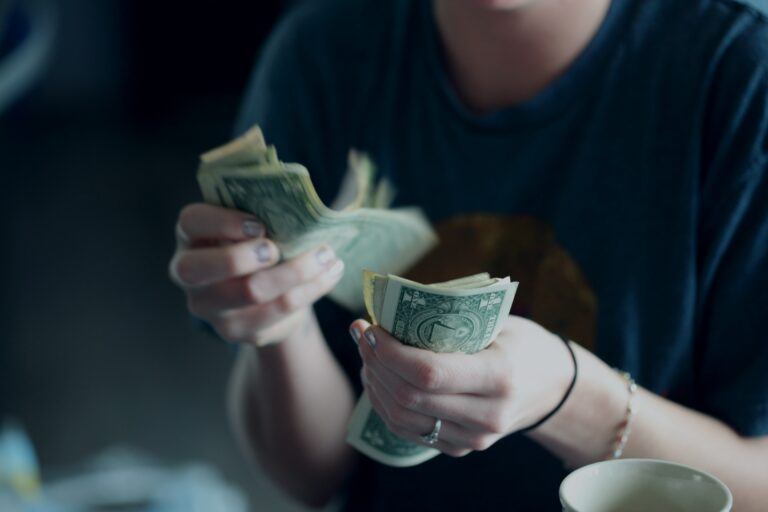Although PayPal started experimenting with the idea of allowing merchants to accept Bitcoin as early as 2014, on Wednesday, CFO John Rainey said in an interview that, right now, merchants aren’t too interested in accepting cryptocurrencies.
In the interview on CNBC Mad Money, the PayPal CFO started by telling host Jim Cramer how PayPal first got involved with cryptocurrencies: “With our Braintree part of our platform, we actually were one of the first companies to allow merchants to accept cryptocurrencies years ago.”
Here, Rainey is referring to the PayPal’s announcement on 8 September 2014 that as a result of a partnership with Coinbase, developers who integrated the software development kit (SDK) of their subsidiary Braintree (a web/mobile payments platform) would be able to add Bitcoin to their payment methods.
At the time, Coinbase CEO Brian Armstrong had this to say about the partnership with Braintree: “We had a lot of developers tell us they’d love to add Bitcoin. But Braintree would handle all of their payments and they didn’t want to add another SDK. They would say that if Braintree added it, they would add it.”
PayPal CEO at the time, Bill Ready, was also excited about Bitcoin: “This is PayPal making a move to embrace Bitcoin.”
This service went live on 22 January 2015. The blog post from Braintree announcing the activation of the service explained the reason for supporting Bitcoin:
“Bitcoin is growing in popularity for consumer and merchants alike. Businesses like Overstock.com, Expedia and Dell currently accept bitcoin as a form of payment, and the number of companies both small and large working to enable bitcoin acceptance is on the rise.”
Then, on 23 September 2014, two weeks after the initial announcement from PayPal about supporting Bitcoin payments for merchants who used the Braintree SDK, Scott Ellison, PayPal’s Senior Director Corporate Strategy announced that PayPal was ready to take its next step in helping merchants with accepting Bitcoin payments:
“PayPal has entered into agreements with leading Bitcoin payment processors BitPay, Coinbase and GoCoin. Starting today, these agreements let PayPal digital goods merchants accept Bitcoin with a simple integration through the PayPal Payments Hub. This will be available to merchants in North America first.”
But PayPal also noted that it would be proceeding with its support for Bitcoin gradually and cautiously:
“To be clear, today’s news does not mean that PayPal has added Bitcoin as a currency in our digital wallet or that Bitcoin payments will be processed on our secure payments platform. PayPal has always embraced innovation, but always in ways that make payments safer and more reliable for our customers. Our approach to Bitcoin is no different. That’s why we’re proceeding gradually, supporting Bitcoin in some ways today and holding off on other ways until we see how things develop.”
Now, let’s get back to Wednesday’s interview with the PayPal CEO, who continued by saying:
“But what we saw is that because of the volatility of the cryptocurrencies, if you are a merchant and you have, let’s say, a 10% margin on a product that you sell and you accept Bitcoin, for example, and the very next day it moves 15%, you are now underwater on that transaction. So what happens, or what was happening, is they were immediately moving that to a more stable currency. So, right now, we don’t see a lot of interest from our merchants.”
However, Rainey did not rule out future support for Bitcoin: “But if it is something that stabilizes in the future and is a better currency, then we’ll certainly support that.”
Rainey’s comments should not come as a surprise since a couple of months earlier, on 8 March 2018, according to Bloomberg, PayPal’s current CEO Dan Schulman said that he was unsure about the future of cryptocurrencies: “Regulations need to be sorted out and a whole number of other things… It’s an experiment right now that is very unclear which direction it will go.”
The PayPal CEO is much more bullish when it comes to the blockchain, noting that cryptocurrencies are “just one application.” And according to a PayPal spokesperson, “PayPal currently has a team looking into the potential ways it can use blockchain in the future.”
It is worth noting that billionaire venture capitalist, Peter Thiel, who is a co-founder of PayPal, is bullish on Bitcoin, not so much as a medium of exchange, but as a store of value (a digital equivalent to gold). According to CNBC, on 15 March 2018, he said at the Economic Club of New York:
“I would be long bitcoin, and neutral to skeptical of just about everything else at this point with a few possible exceptions… There will be one online equivalent to gold, and the one you’d bet on would be the biggest… I’m not talking about a new payments system… It’s like bars of gold in a vault that never move, and it’s a sort of hedge of sorts against the whole world going falling apart.”









